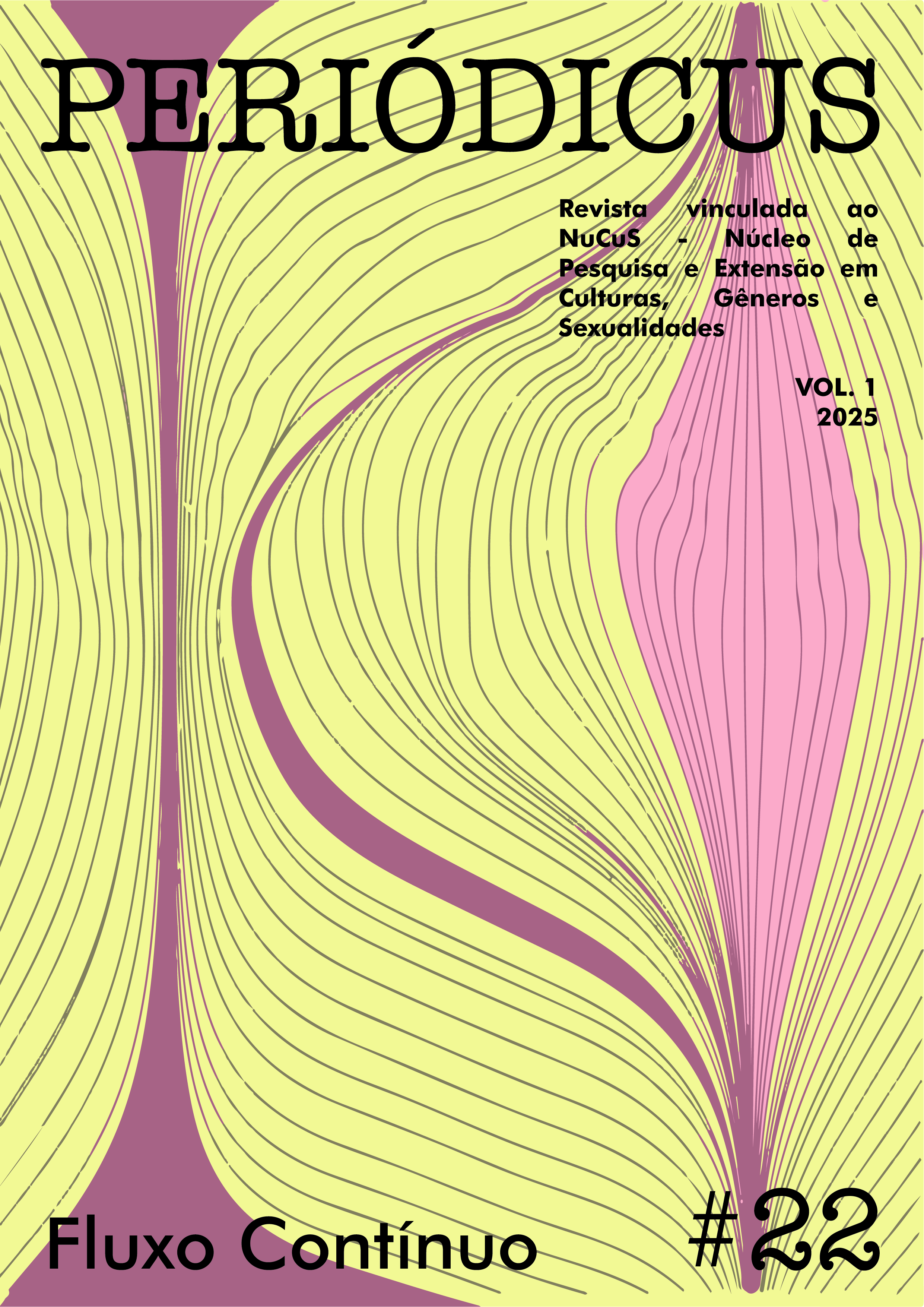Necrobiopolitics and trans experiences
perspectives on Antra's dossier of murders and violence
DOI:
https://doi.org/10.9771/peri.v1i22.62546Abstract
This article aims to analyze the data presented by the National Association of Travestis and Transsexuals (ANTRA) in the Dossier of Murders and Violence against Brazilian Travestis and Transsexuals. To do so, we rely on the concept of necropolitics to problematize the existing relationships and seek to understand how the state acts (or fails to act) in governing the conduct of certain groups that are transgressing gender norms. Consequently, we aim to analyze the unequal distribution of the right to life and recognition of humanity, questioning how certain groups of the population are more frequently and violently deprived of life than others. The analysis employs tools from Foucault's archaeo-genealogy. The data indicate that these experiences are engendered by a social, cultural, and symbolic machinery that produces interactions through the management of death and processes of invisibilization, making certain lives appear to have less value than others.
Downloads
Downloads
Published
How to Cite
Issue
Section
License
Copyright (c) 2025 Thais Geraldo Oliveira de Aguiar, Raquel Brandão Pereira

This work is licensed under a Creative Commons Attribution-NonCommercial 4.0 International License.
Authors who publish in this journal agree to the following terms:
Authors retain copyright and grant the journal the right of first publication, with the work simultaneously licensed under a Creative Commons Attribution Noncommercial License that allows the work to be shared with acknowledgment of authorship and initial publication in this journal, but prohibits commercial use.
Authors are authorized to enter into separate additional contracts for non-exclusive distribution of the version of the work published in this journal (e.g., publishing in an institutional repository or as a book chapter), with acknowledgment of authorship and initial publication in this journal.
Authors are permitted and encouraged to publish and distribute their work online (e.g., in institutional repositories or on their personal website) at any point before or during the editorial process, as this can generate productive changes and increase the impact and citation of the published work (see The Effect of Open Access).








